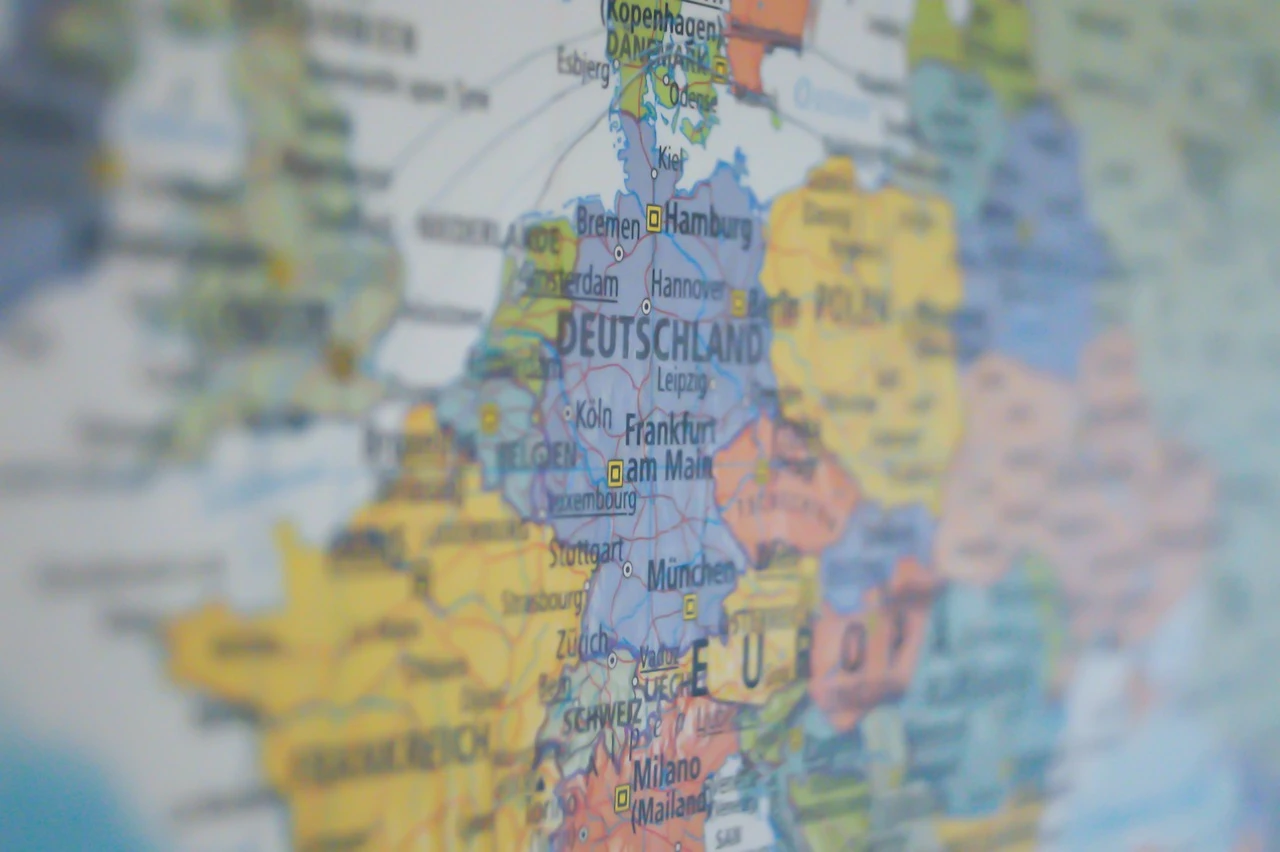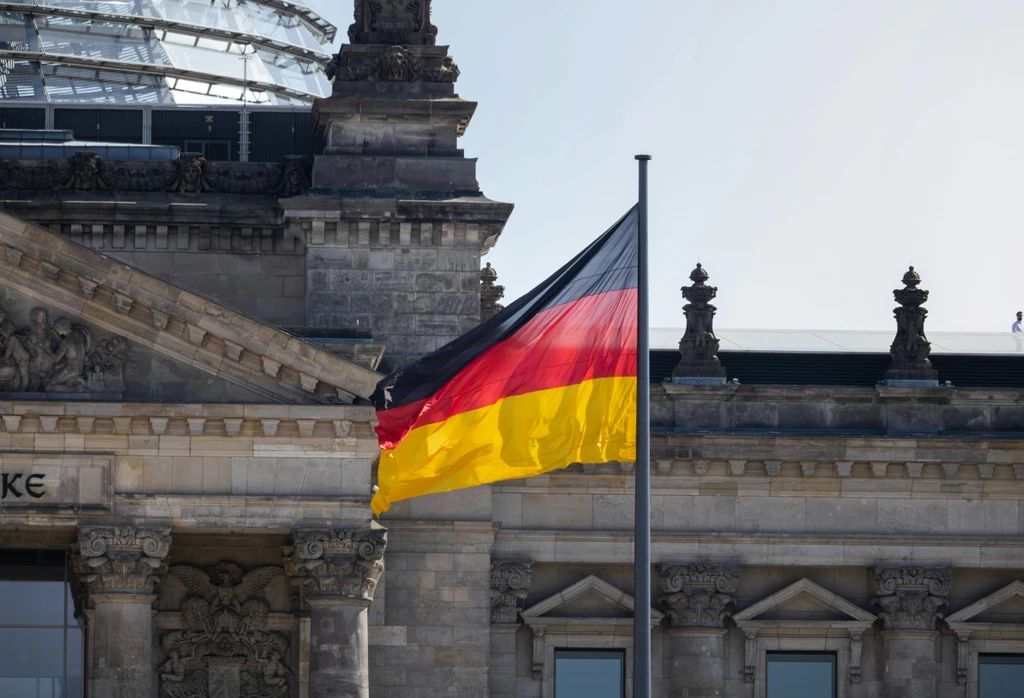Controversial study says Germany gambling addiction at “epidemic” proportions

Published by the health minister, Karl Lauterbach (SPD), the report covers activity across online and land-based gambling in Germany. It estimates a sharp rise from the official figure of 400,000 reported five years ago in 2019.
The study also notes a rise in problematic gaming behaviour over the same period. In 2019, the ministry said approximately 0.7% of the population were addicted to gambling in some form. Now, the study estimates this figure to be 8% for the 18-70 age group.
Concerns over how study came about
However, while the figures may seem alarming, there are doubts over their validity. The German Sports Betting Association (DSWV) says opposition politicians and industry experts are raising concerns over the report.
Much of this is related to how the study came about. Until 2019, gambling addiction research within Germany was the responsibility of the Federal Centre for Health Education (BZgA). However, this is about to be dissolved at the request of SPD. The Hamburg Institute for Interdisciplinary Addiction and Drug Research (ISD) has taken on the official role.

Publication of the study follows an initial release of data in November 2023. The Gambling Atlas featured a rough overview of the results of the addiction survey. However, critics say this data came just three months after applying for funding for the initiative.
Simone Borchardt of the Christian Democratic Union of Germany (CDU), the second largest party in the German Bundestag, says the BMG is “constantly entangling itself in contradictions”.
“There is reason to suspect that agreements were made in advance between the study authors and the BMG,” Borchardt told WELT. “For me, this casts considerable doubt on the neutrality of the study.” She added that she expects the BMG to fully investigate the matter.
Critics raise doubt over study figures
The DSWV says critics are also sceptical over the figures in the new study. It says there is no explanation for the sudden increase in the susceptibility of Germans to gambling addiction. Notably, the regulated gambling industry’s turnover has remained the same during this period. Therefore, it says experts are unsure over whether the findings are due to methodological weaknesses.
The organisation quotes Katharina Schüller, head of consulting business Stat-up, who has hit out at the “questionable precision and lack of transparency” of the study. In a 140-page report, Schüller concludes the survey is “not a reliable basis for decision-making with regards to the evaluation and adaptation of legal regulations”.
“For representative samples, you have to carefully check who you reach and who you don’t reach,” Schüller told WELT. “This is basic knowledge of survey statistics and the authors did not guarantee this.
“If you then take into account that only 10% of those contacted responded to the online survey, then the argument doesn’t exactly become any more valid.”

Report cannot support regulatory changes in Germany
Such is the level of controversy over the report, the CDU’s Borchardt says it cannot support changing regulations on gambling. First referring back to the Gambling Atlas last year, Borchardt says this is questionable.
“It is obvious to me that the work here was not done properly,” Borchardt said. “In the interests of scientific transparency, the data must be published.” She adds that the “explosive increase in gambling addicts” cannot be explained by possible effects from the pandemic.
Building on this, the DSWV questions whether the government is using the sharp increase to justify any legal changes. The DSWV went as far to describe such potential measures as “ideological bans”.
